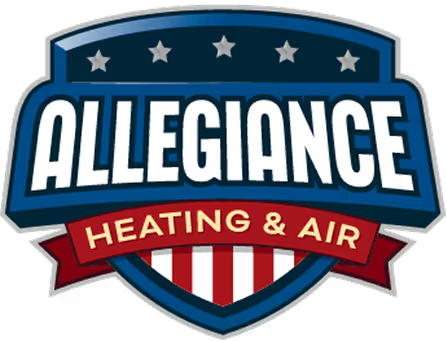
Why a Licensed HVAC Professional Makes All the Difference
A licensed HVAC professional is a contractor who has completed required training, passed applicable exams, and holds valid credentials to legally perform heating, ventilation, and air conditioning work. This distinction is crucial, as not all technicians are created equal—especially across different states and local jurisdictions in our Kentuckiana service area (Southern Indiana and Kentucky).
Key Qualifications of Licensed HVAC Professionals:
- Proper state or local licensing (for example, Kentucky statewide HVAC licensing; city/county contractor licensing in Indiana; Tennessee Board for Licensing Contractors for TN projects)
- EPA Section 608 certification for refrigerant handling
- Verified experience and technical training
- Insurance coverage and bonding
- Continuing education to stay current with codes and technology
When your HVAC system fails, you need an expert, not just someone with a toolbox. The difference between a licensed professional and an unlicensed worker can mean a job done right versus costly future repairs. The HVAC industry is growing rapidly—the U.S. Bureau of Labor Statistics projects 9% job growth from 2023 to 2033—while a persistent skilled-trades shortage makes finding a true professional more important than ever.
Requirements vary by state: Kentucky requires statewide HVAC licensure; Indiana licensing and permits are handled at the city or county level. If you’re researching Tennessee, licenses are required for projects over $25,000, and even smaller jobs demand proper credentials and local permits. Licensed professionals understand safety protocols, building codes, and installation techniques that protect your home and family.
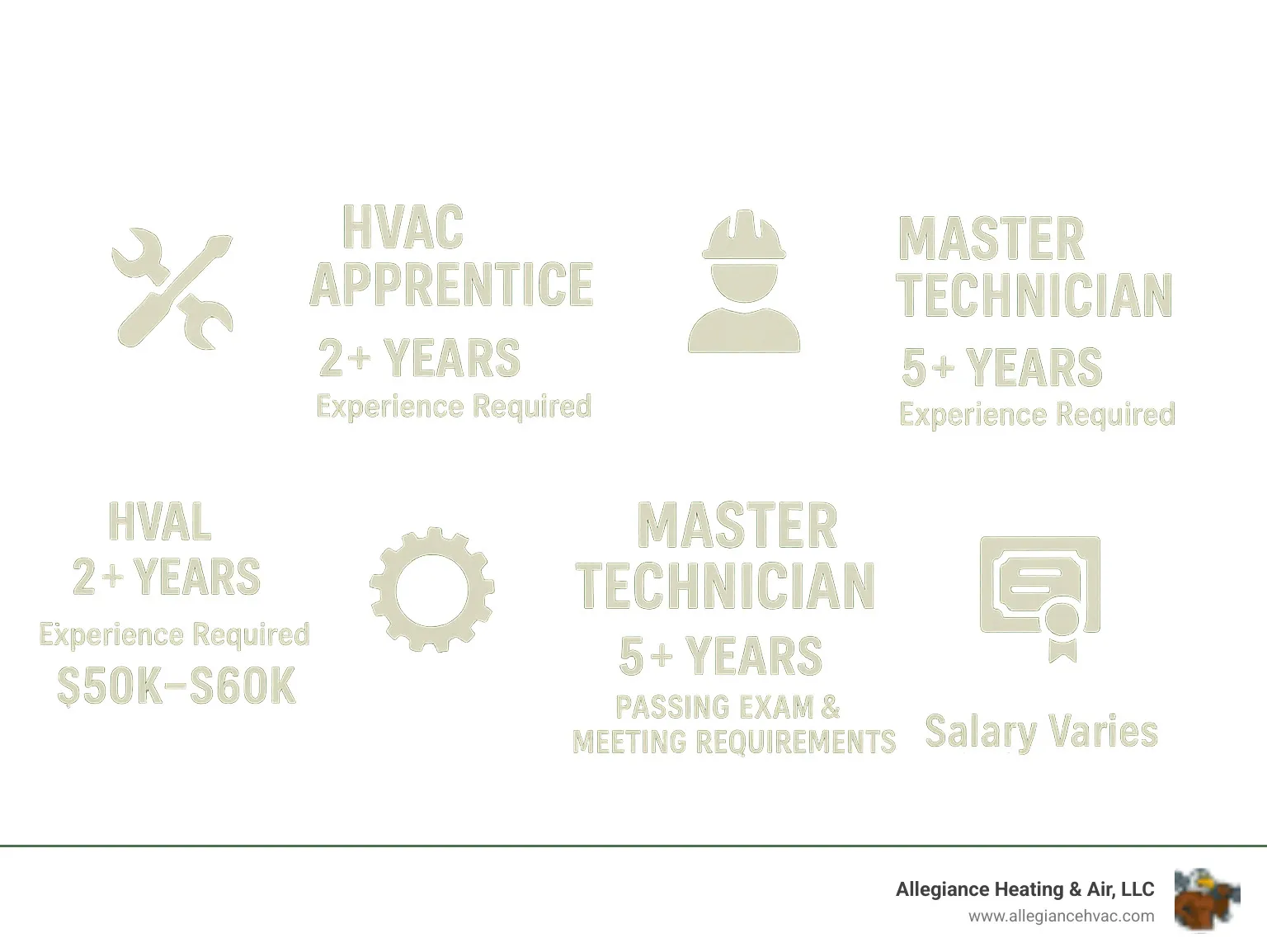
Understanding HVAC Licensing in Indiana and Kentucky (and how Tennessee differs)

In our Kentuckiana service area, licensing and permits are designed to protect your family's comfort and safety. In Kentucky, HVAC contractors are licensed at the state level and must pull permits and pass inspections. In Indiana, licensing and contractor registration are handled locally by city or county building departments, and mechanical/electrical permits are typically required before work begins.
If you’re researching Tennessee rules, the Tennessee Department of Commerce and Insurance oversees all licensing through the Tennessee Board for Licensing Contractors. For any HVAC project over $25,000, you must hire a licensed HVAC professional. This isn't just red tape; it's your protection for complex jobs.
Even for projects under $25,000 in Tennessee, any electrical work requires a Limited Licensed Electrician (LLE). Furthermore, an individual cannot advertise as a "contractor" without a full license. Penalties for non-compliance are severe, including hefty fines and work stoppages. The state enforces these rules strictly to protect consumers.
For more insight into why proper installation matters so much, check out our article on professional HVAC installation.
Types of Tennessee HVAC Licenses
If your project happens to be in Tennessee, here’s how the state classifies HVAC work under its Mechanical Contractor category. The Full Mechanical Contractor (CMC) license is the most comprehensive, covering HVAC, plumbing, geothermal, and gas piping. The Mechanical-HVAC/Refrigeration (CMC-C) license is more specialized for heating and cooling systems. Both require years of experience, passing the Business & Law and trade exams, and meeting financial and insurance requirements. The Limited Licensed Electrician (LLE) license is for electrical work on smaller projects.
License TypeScope of WorkKey RequirementsFull Mechanical Contractor (CMC)Complete mechanical systems including HVAC, plumbing, ventilation, refrigeration, heating, geothermal, and gas pipingThree years experience, financial inspection, Business & Law exam, CMC Trade exam, insurance, references, business registrationMechanical-HVAC/Refrigeration (CMC-C)Specialized HVAC and refrigeration systems for residential and commercial propertiesSame as CMC but with CMC-C Trade Exam focused on HVAC/R systemsLimited Licensed Electrician (LLE)Electrical components of HVAC systems for projects under $25,000PSI trade exam for LLE, application and fees to BLC, local code compliance
Note: In Kentucky, HVAC licensure is statewide with defined contractor and mechanic classifications. In Indiana, licensing is jurisdictional—local building departments set registration, bonding, and testing requirements, and permits/inspections are still mandatory.
Why State Licensing is Crucial for Homeowners
At Allegiance Heating & Air, we've seen the costly mistakes that come from hiring unlicensed workers. Licensing—statewide in Kentucky and jurisdictional in Indiana—is your shield against poor workmanship and dangerous shortcuts.
- Consumer Protection: A licensed HVAC professional has met strict standards for knowledge, experience, and ethics.
- Code Compliance: Licensed pros know the applicable state and local building codes (for example, Kentucky’s HVAC codes, local Indiana ordinances, or Tennessee statutes when work occurs there), preventing fire or carbon monoxide risks from improper installation.
- Insurance Validation: Licensed contractors carry general liability and workers' compensation insurance, protecting you from financial liability if an accident occurs.
- Warranty Protection: Most manufacturers require installation by a licensed professional to keep your equipment warranties valid.
- Peace of Mind: Hiring someone accountable to the proper authority provides confidence that the job will be done right. If you're seeing problems, our guide on Key Signs of HVAC Issues can help.
Licensing and permitting create a safety net that protects your investment, your family, and your comfort.
The Benefits of Becoming a Licensed HVAC Professional
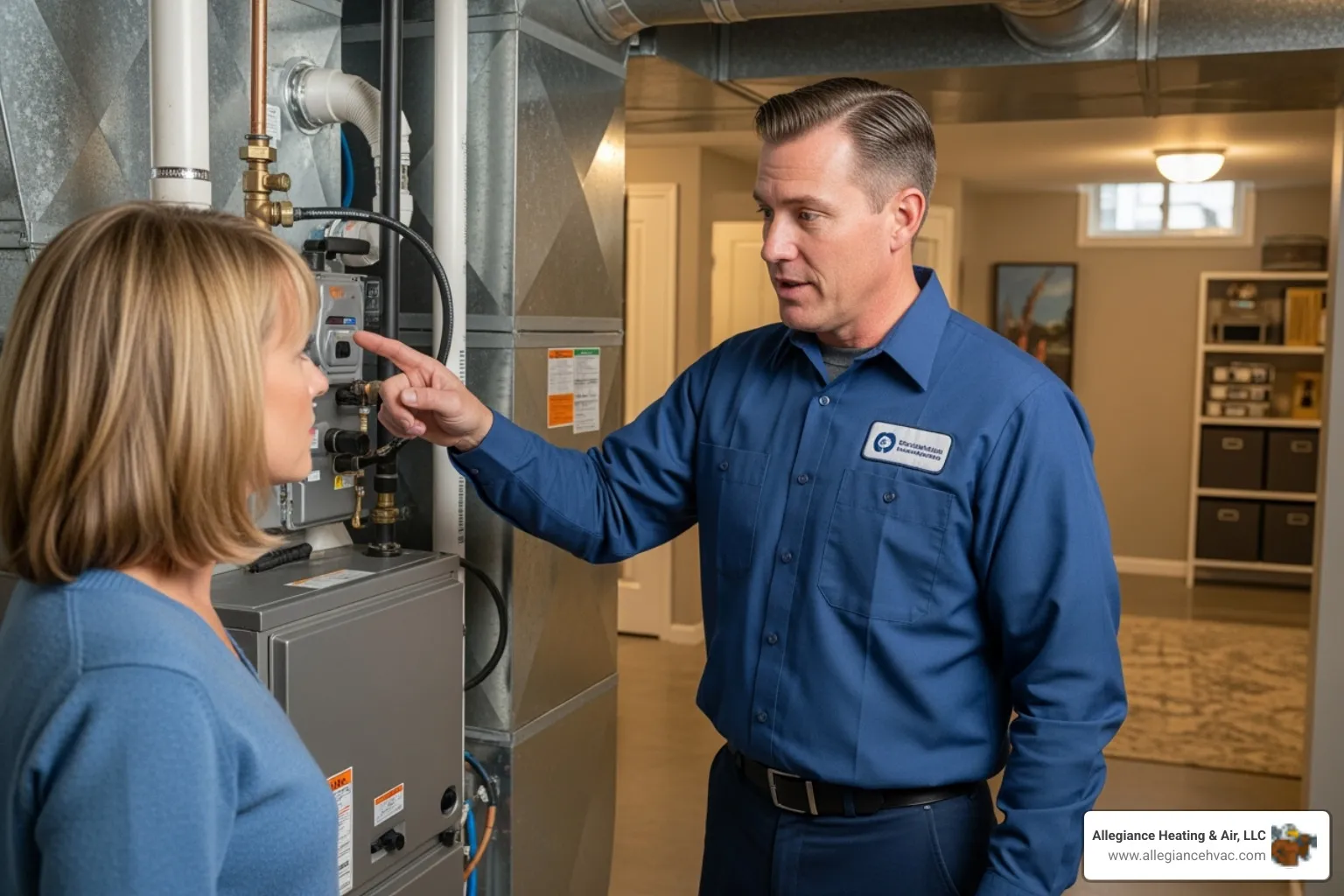
Becoming a licensed HVAC professional in our Indiana/Kentucky region means entering a career with high demand and job security. The U.S. Bureau of Labor Statistics projects 9% job growth for HVAC installers from 2023 to 2033, nearly double the average for all occupations. A continuing skilled-trades shortage across Kentuckiana means your skills will always be needed.
Beyond security, the career offers immense satisfaction in solving complex problems and making a tangible difference in people's lives. Nearly 90% of skilled tradespeople report being satisfied with their careers. A license also opens doors to supervisory roles and owning your own business. If you're interested in joining a team that values professional growth, see our Careers at Allegiance HVAC page.
Earning Potential and Career Growth in Indiana and Kentucky (with TN benchmark data)
Earning potential grows with experience and credentials. As a benchmark, current market rates show hourly wages for technicians and apprentices ranging from $16.08 to $44.58 nearby; you can explore HVAC technician salaries in TN to gauge regional trends. With experience, HVAC supervisors in nearby markets average competitive salaries (for example, around $77,202 per year in Tennessee), and Indiana/Kentucky earnings generally track similar ranges depending on role and certifications.
Obtaining the appropriate contractor's license allows you to bid on larger projects and expand your market. The steady demand for year-round maintenance ensures reliable income. To learn more about the value of maintenance, see our guide on Understanding the Benefits Our Maintenance Plan Provides.
The Value of Hiring a Licensed HVAC Professional
Choosing Allegiance Heating & Air, LLC means investing in your home's long-term comfort, safety, and efficiency. A licensed HVAC professional ensures your system is installed and serviced correctly.
- System Efficiency: We properly size equipment for your home, considering factors like square footage, insulation, and windows. An improperly sized unit wastes energy and causes comfort issues. Our team can help you Choose the Right Size HVAC for Your Home.
- Safety and Installation: We are trained in handling electricity, gas lines, and refrigerants safely, adhering to all codes and manufacturer specifications. This prevents hazards and ensures your system performs efficiently for years.
- Avoiding Future Costs: While an unlicensed worker might seem cheaper upfront, improper work often leads to recurring problems, reduced system lifespan, and more expensive repairs. A licensed professional gets the job done right the first time, saving you money and frustration.
The Path to Becoming a Licensed HVAC Professional in Tennessee
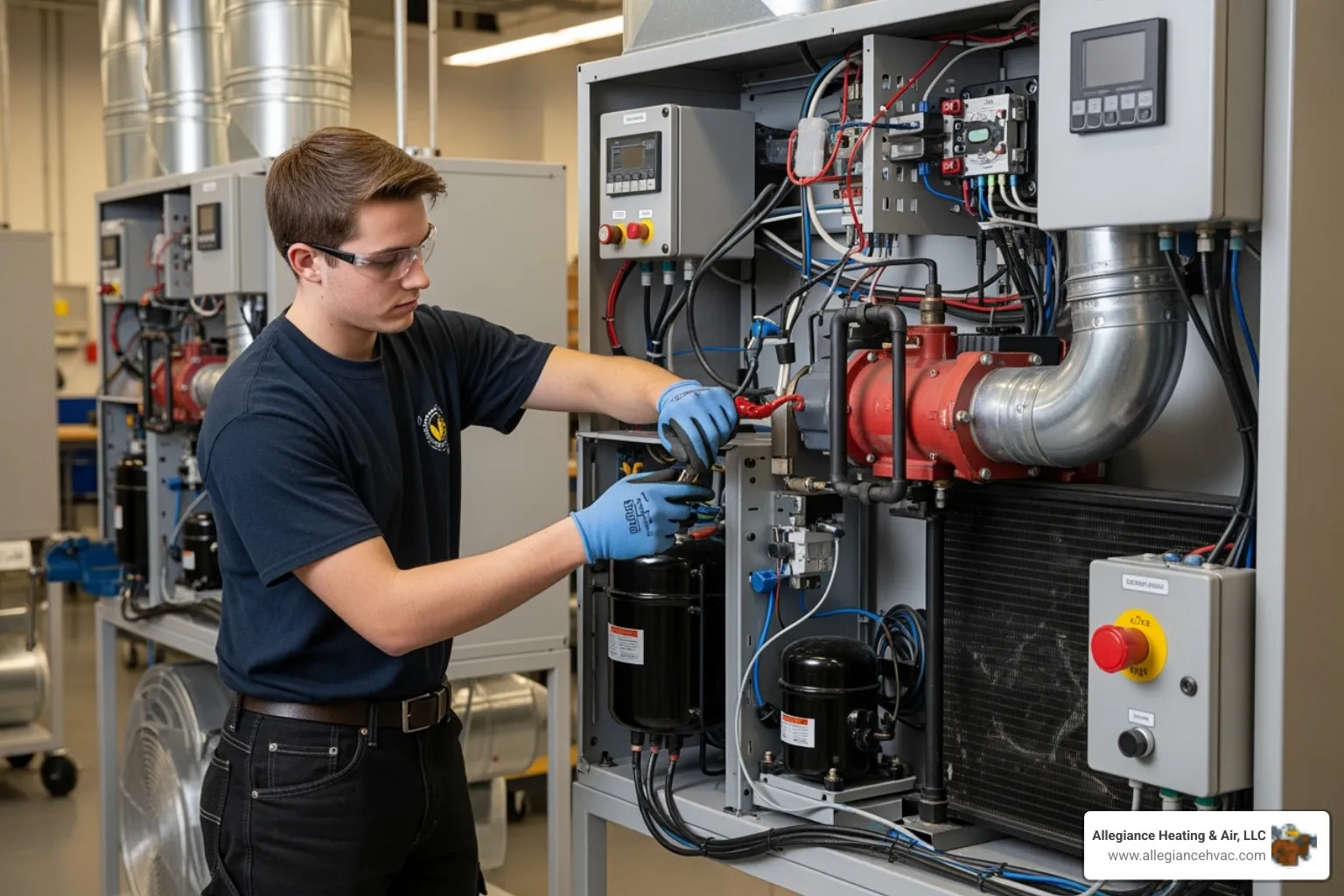
The journey to becoming a licensed HVAC professional involves education, hands-on experience, and passing required exams—but the exact path depends on where you plan to work. In Kentucky, contractors and mechanics are licensed at the state level. In Indiana, contractor licensing is handled by local jurisdictions, with permits and inspections required before work begins. If you're targeting Tennessee credentials, the outline below explains the TN process.
Most individuals start with formal training at a trade school or community college, covering thermodynamics, electrical systems, and refrigerants. Following education, apprenticeships are invaluable for gaining practical skills. Working alongside experienced professionals for 3-5 years allows you to learn how to apply technical knowledge in real-world settings. During this time, you must also obtain your EPA Section 608 certification, a federal requirement for handling refrigerants.
If you’re pursuing a Tennessee contractor license, after gaining sufficient experience the next step is passing the licensing exams: the Tennessee Business & Law Exam and a trade exam (CMC or CMC-C). Finally, you submit a complete application with financial statements, references, and proof of insurance to the Tennessee Board for Licensing Contractors.
Education and Exam Preparation
Formal training programs typically require a high school diploma or GED and cover the complex mathematics, physics, and electrical concepts essential for HVAC work. Exam content and administration vary by state. If you plan to test in Tennessee, you’ll prepare for PSI exams.
The Business & Law Exam has 50 questions with a 140-minute time limit, covering contract law, regulations, and financial management. The trade exam is more technical, with the CMC exam having 120 questions (325 minutes) and the CMC-C exam having 100 questions (260 minutes). Both exams require a 73% score to pass, and each attempt costs $57.
Thorough preparation is key. Use study guides, take timed practice tests, and don’t hesitate to ask questions of instructors or mentors. You can find more resources at PSI exam online.
Navigating the Application and Renewal Process
Application and renewal requirements depend on your jurisdiction. For Tennessee applicants, you must submit a detailed application to the Tennessee Board for Licensing Contractors. This includes a financial statement prepared by a CPA, which helps determine your monetary limit for projects. You will also need letters of reference from past employers or clients who can vouch for your professional capabilities.
Proof of general liability and workers' compensation insurance is mandatory. The initial licensing fee is $250 for a two-year license. You can find current licensing fees and apply online.
Licenses must be renewed every two years for a $200 fee, often requiring 8 hours of continuing education. It is crucial to renew on time, as working with an expired license is illegal and can lead to fines. If a license is expired for over a year, reinstatement costs $250 and may involve extra steps. This ongoing commitment ensures that a licensed HVAC professional remains current with industry standards and best practices.
Beyond the State License: Other Key Credentials
While a state or local contractor license is a major achievement, other credentials set a licensed HVAC professional apart. At Allegiance Heating & Air, our team holds additional certifications that demonstrate a commitment to excellence, safety, and environmental protection. These credentials also create opportunities for career growth, whether you work in Indiana, Kentucky, or beyond. This comprehensive approach is part of our commitment to services like Improving Indoor Air Quality.
Federal EPA Section 608 Certification
Every HVAC professional in the U.S. who handles refrigerants must hold federal EPA Section 608 certification. This is not optional—it's the law. The certification ensures technicians can work safely with refrigerants, which can harm the ozone layer if released.
There are four certification types: Type I (small appliances), Type II (high-pressure systems like home ACs), Type III (large commercial chillers), and Universal (all types). Most career professionals obtain Universal certification. Once earned, this certification never expires, though professionals should stay updated on regulations. Learn more at the EPA's official page: 608 Technician Certification under the EPA's Clean Air Act.
Reciprocity and Starting Your Own Business
Reciprocity and business rules differ by state. If you plan to operate in Tennessee, the state has reciprocity agreements with Alabama and Ohio, which may allow licensed professionals from those states to waive Tennessee's trade exam, making it easier to expand a service area. Always check with the state board for current requirements.
For many, the ultimate goal is starting their own HVAC business. A contractor's license is the key to becoming an entrepreneur. You’ll register your business with your state's Secretary of State, obtain required permits, and carry comprehensive insurance, including general liability and workers' compensation. If you’re forming a business entity in Tennessee, see the state's New Business resource hub. Owning your own business provides the freedom to set your own standards and reap the rewards of your hard work.
Frequently Asked Questions about HVAC Professionals
As a family-owned business serving Greenville, IN; Louisville, KY; and the wider Kentuckiana community since 2005, we get many questions about HVAC work. Here are answers to some of the most common ones.
Do I need a license for a small HVAC job under $25,000 in Tennessee or in Indiana/Kentucky?
- Kentucky: HVAC contracting requires state licensure, and permits/inspections are typically required regardless of project size.
- Indiana: Licensing and contractor registration are handled locally (city/county). Mechanical and electrical permits are commonly required before work begins. Always verify local requirements.
- Tennessee: While a full contractor's license isn't required for projects under $25,000, you are not off the hook. Any electrical work requires a limited licensed electrician (LLE) license. You must also follow all local codes, pull permits, and you cannot advertise as a "contractor" without the full state license. In short, even small jobs require proper credentials for safety and compliance.
How can I verify if an HVAC professional is licensed?
- Kentucky/Indiana: Check with your state or local (city/county) licensing and permitting authorities to confirm the contractor’s status and whether permits are properly pulled for your project.
- Tennessee: You can easily check their status using Tennessee's official License Verification Page. This tool shows the license type, status, and expiration date. A few minutes of checking can save you from poor workmanship and safety risks.
What is the difference between an HVAC technician and an HVAC contractor?
An HVAC technician is the skilled professional who performs the hands-on installation, maintenance, and repair work. They typically work for a contractor and must hold certifications like the EPA Section 608.
An HVAC contractor is the individual or business entity holding the state or local license (for example, Kentucky HVAC contractor credentials, local Indiana registrations, or CMC/CMC-C in Tennessee). The contractor is legally authorized to bid on projects, pull permits, carry insurance, and assume all legal and financial responsibility for the work. At Allegiance Heating & Air, LLC, our expert technicians work under our licensed business, giving you skilled service with full accountability.
Conclusion: Trusting Your Comfort to a True Professional
The difference between a licensed HVAC professional and an unlicensed worker is immense. Would you trust your family's comfort and safety to anyone but a verified expert?
A licensed professional provides consumer protection, ensures code compliance for safety, and validates your equipment warranties, protecting your investment. The peace of mind that comes from hiring an accountable, knowledgeable expert is invaluable, especially when your system fails during extreme weather.
For those considering the field, becoming a licensed HVAC professional offers a secure career path with high demand and growth potential. With strong projected job growth and a regional shortage of skilled technicians across Kentuckiana, it's a field that rewards dedication with stability and good wages.
At Allegiance Heating & Air, LLC, we've built our reputation on this principle since 2005. Our family-owned business serves Greenville, IN, Louisville, KY, and surrounding areas with highly vetted, licensed professionals. We understand that behind every service call is a family counting on us.
When you choose a licensed professional, you're investing in quality, safety, and confidence. Your home's comfort is too important to leave to chance. For expert heating system care you can trust, explore our furnace maintenance services in Louisville, KY. Trust your home to a true licensed HVAC professional.
Contact Us Or Schedule Expert Service
Other Blogs
ready to transform your home?
Discover our exceptional home services tailored to meet your needs and enhance your living space.
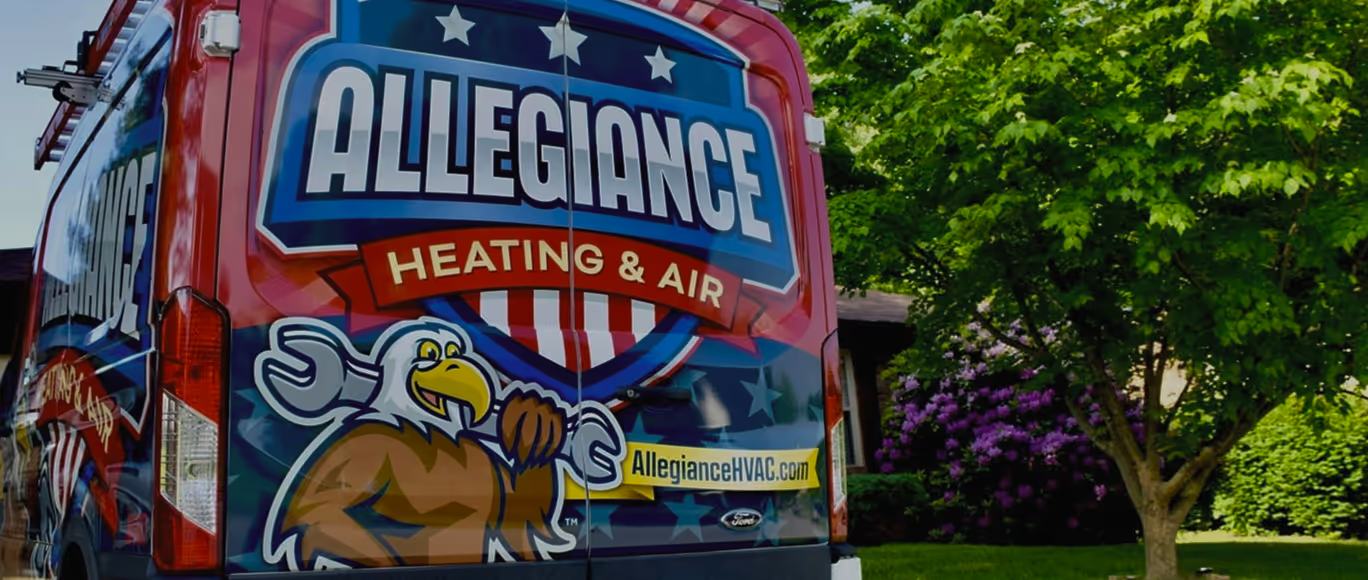
WHAT OUR CLIENTS HAVE TO SAY ABOUT US

RELATED ARTICLES
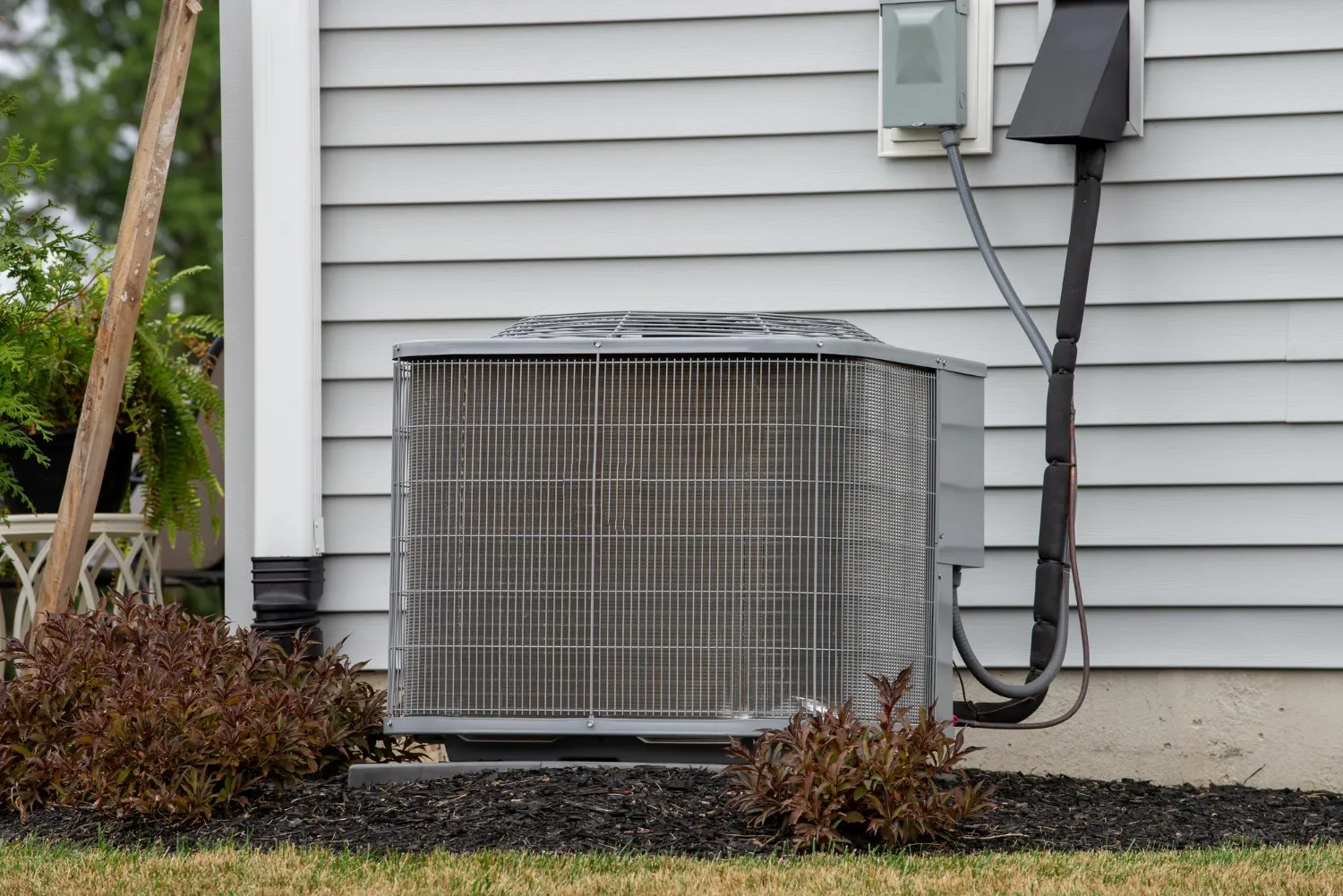
Key Signs of HVAC Issues in Louisville Homes
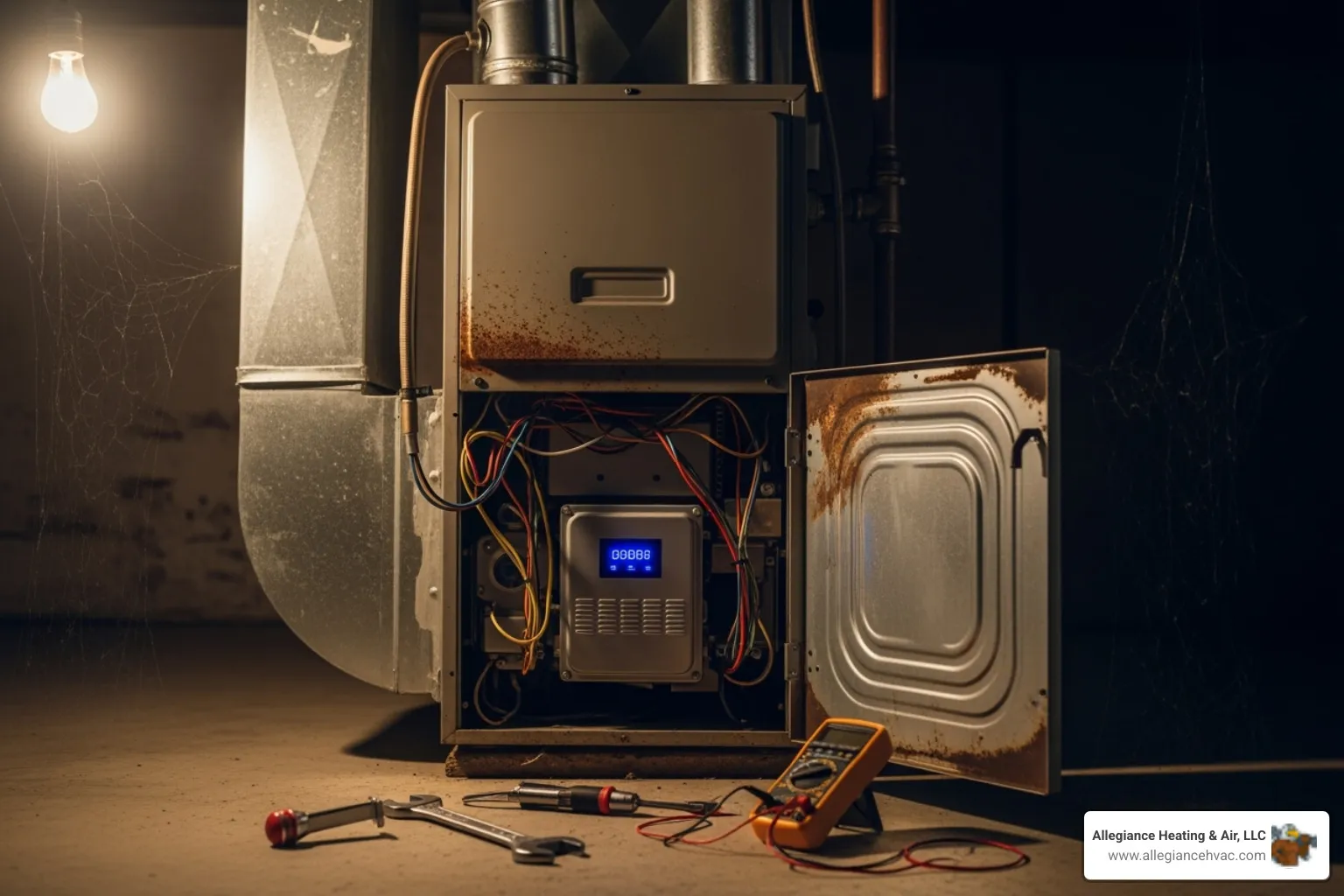
Furnace on the Fritz? What to Check Before Dialing a Pro

